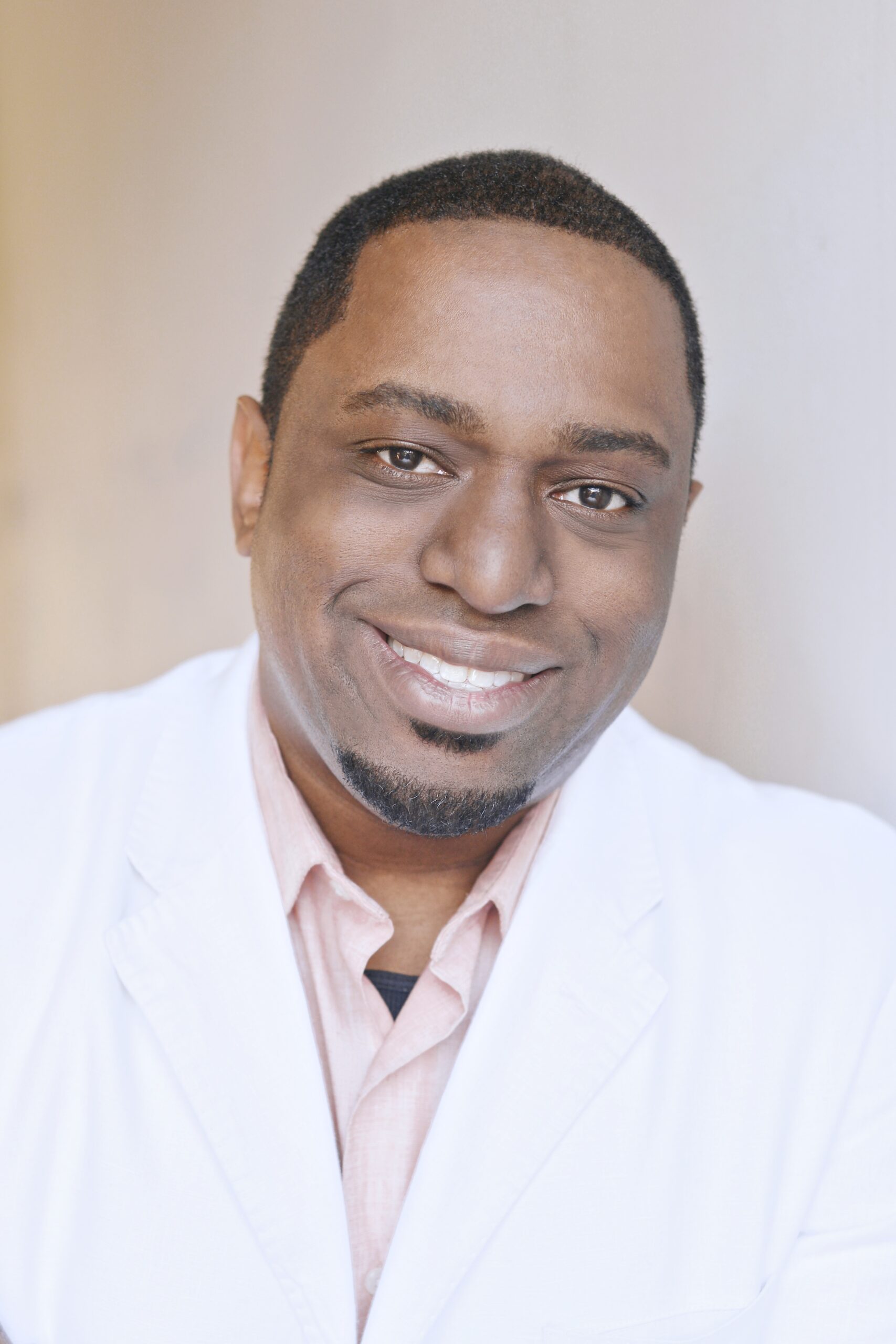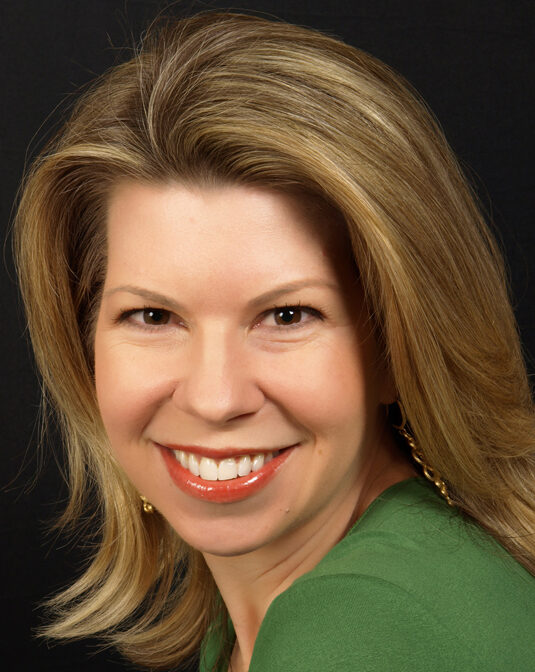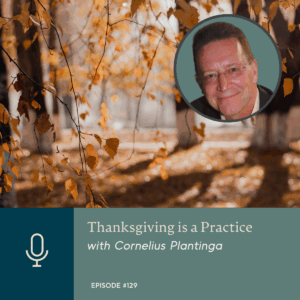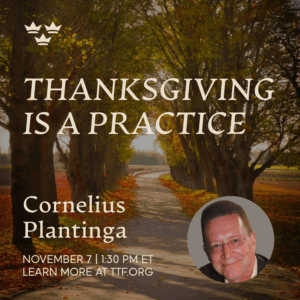Speaking Peace & Seeking Reconciliation, with David Bailey & Marilyn McEntyre
November 6, 2020
Overview
Speakers
-
 DAVID BAILEY
DAVID BAILEY -
 MARILYN MCENTYRE
MARILYN MCENTYRE -
 CHERIE HARDER
CHERIE HARDER
SHARE

